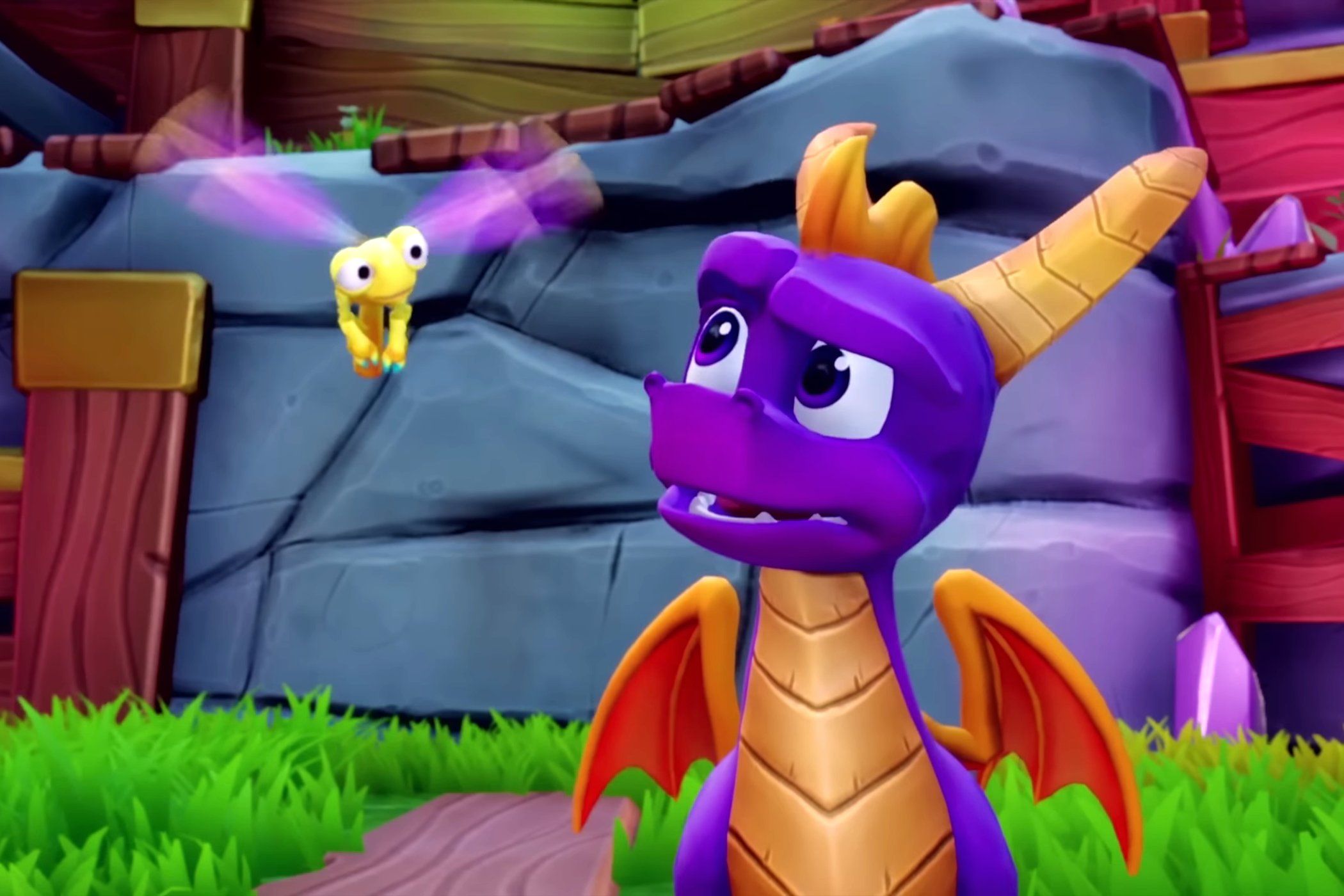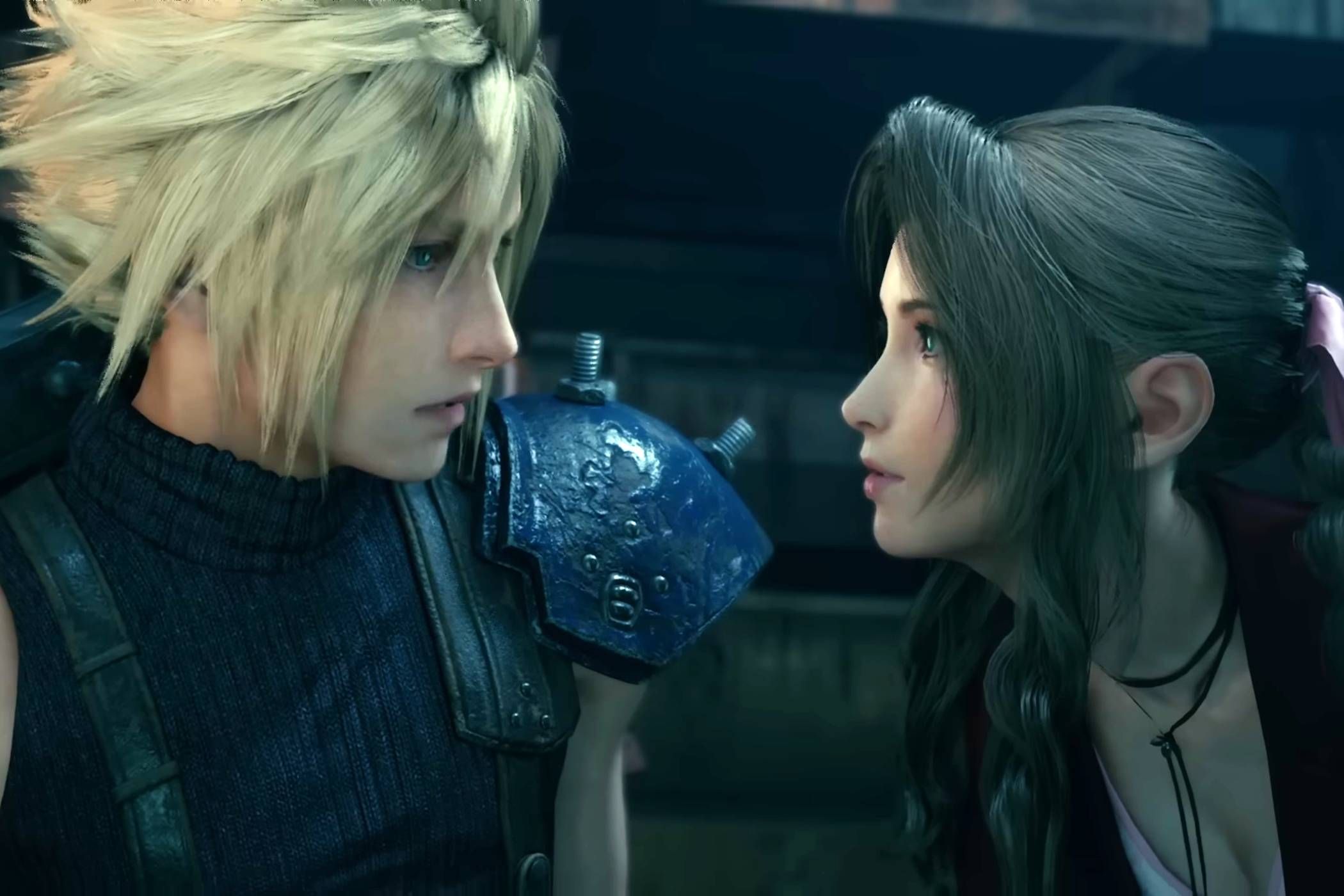Key Takeaways
- Some gamers prefer classic games to remain untouched to preserve original experiences, but remakes and remasters offer tangible benefits over originals.
- Remakes leverage nostalgia and modern advancements to attract both new and old audiences.
- Remakes play an important role in game preservation, since original titles can be unplayable due to availability and hardware constraints.
A surge in game remakes and remasters has breathed new life into classic titles and introduced beloved franchises to a new generation of gamers. While some argue that older games should remain untouched, there’s a convincing case to be made for bringing old titles into the modern age through re-releases.
“Games Feel Too Precious to Remake”
Many gamers argue that classic games should remain untouched, preserving the original experience. The gaming industry has a mixed track record with remakes, with some successfully revitalizing classics for modern audiences with others falling short of expectations.
The argument for preserving the original experience is based on the idea that some games should be experienced in their original form, warts and all.
Even with good intentions, changes introduced in a remake can feel jarring to long-time fans. Furthermore, there’s a fear that remakes can tarnish the legacy of beloved classics. A poorly executed remake can negatively impact the perception of the original, especially for those who have never played it.
You could argue that resources allocated to remakes could be better spent on developing new and innovative gaming experiences. The industry thrives on creativity and pushing boundaries, and focusing on remakes might divert attention and resources away from creating original content.
But all of that overlooks the potential benefits of remaking games. The question of whether games should be remade or left alone is best answered on a game-by-game basis.
A Sure Bet Is Better Than a Risky One
Beyond benefiting players, remakes and remasters offer financial stability for developers in an industry with so much risk. Developing a new game from scratch requires a significant investment and isn’t guaranteed to profit.
Remakes, on the other hand, leverage the established popularity and familiarity of a known intellectual property. This reduces marketing costs and risk compared to launching new titles. Remakes capitalize on nostalgia, attracting older players while introducing classics to younger audiences.
This approach attracts new audiences and provides long-time fans with a reason to revisit familiar worlds. That’s a big audience and a lot of potential sales, which contributes to the overall health and stability of the gaming industry and benefits everyone. A remaster of a childhood classic might not knock your socks off in terms of originality or innovation, but at least you know what you’re getting into.
Remakes can also breathe new life into neglected franchises, potentially leading to sequels and expanded universes. This can be of benefit not only to the companies making the games, but the gamers who love them. You can go your whole life wishing for a sequel to your favorite game, but the odds significantly improve if a remake or remaster is a runaway success.
The success of remakes like the Spyro Reignited Trilogy, Crash Bandicoot N. Sane Trilogy, and Resident Evil 2 Remake show that the strategy is often a recipe for success. For more examples, just check out our article on the six video games reviving lost media.
Remakes and Remasters Set Expectations
Remakes and remasters have a unique advantage that original titles do not—a pre-existing foundation to build on. Unlike entirely new games that rely on long pre-production processes filled with extensive world-building, character development, and plot creation, remakes have these crucial elements from their source material.
Not only can this speed up production for developers, it also cuts down on the waiting time experienced by gamers. Capcom’s ability to bang out Resident Evil remakes at a record pace is a great example of this.
The inherent familiarity of a remake also creates built-in expectations within the gaming community. Players look at remakes through a nostalgic lens and only anticipate what they saw before. Developers can leverage this anticipation by delivering an experience that honors the original while adding modern advancements and quality-of-life improvements.
There’s a good chance that the game you were banging your head against two decades ago will be far less frustrating in the remaster (I’m looking at you, Dead Rising).
A Struggling Game Industry Is Bad for Everyone
The video game industry has been experiencing a wave of layoffs, with 2024 already surpassing job losses seen in 2023. While the medium of video games isn’t necessarily performing poorly, we’re still seeing layoffs as if it is.
These layoffs have resulted in the cancelation and delay of numerous projects, potentially impacting the release schedule of upcoming games. We’re dealing with an industry that feels like falling apart because of all the risks.
This wave of job losses that continues to grow only brings doubt about the long-term health of the video game industry and the well-being of its workforce. The current focus on cost-cutting measures and jumping on the newest trends doesn’t seem to be working, but remakes offer a glimmer of hope.
Job losses have wide-reaching impacts on developers and gamers alike. Fewer studios means fewer games being made. A failed original idea means that developers are less likely to take risks for fear of the financial fallout. If remakes and remasters can help stem the flow, this can only be a good thing.
How Remasters and Remakes Affect Game Preservation
While some argue that these remakes and remasters are unnecessary and steal resources from original titles, they offer several significant benefits to gaming as a whole.
Remakes and remasters can introduce beloved classics to a new generation of gamers who may not have had the opportunity to experience them in their original form. Updated graphics, gameplay mechanics, and quality-of-life improvements can make these older titles more accessible and fun for modern audiences.
Remakes and remasters can serve as valuable tools for game preservation. As technology advances, older games can become unplayable on modern systems due to compatibility issues or the loss of source code. By reimagining classic games with modern technology, developers can breathe new life into forgotten gems and preserve gaming history.
While original games are what many focus on, remakes and remasters are crucial in maintaining a healthy gaming landscape, preserving gaming history, and introducing classic titles to new audiences. After all, there are reasons younger games are more hesitant to touch older titles.









